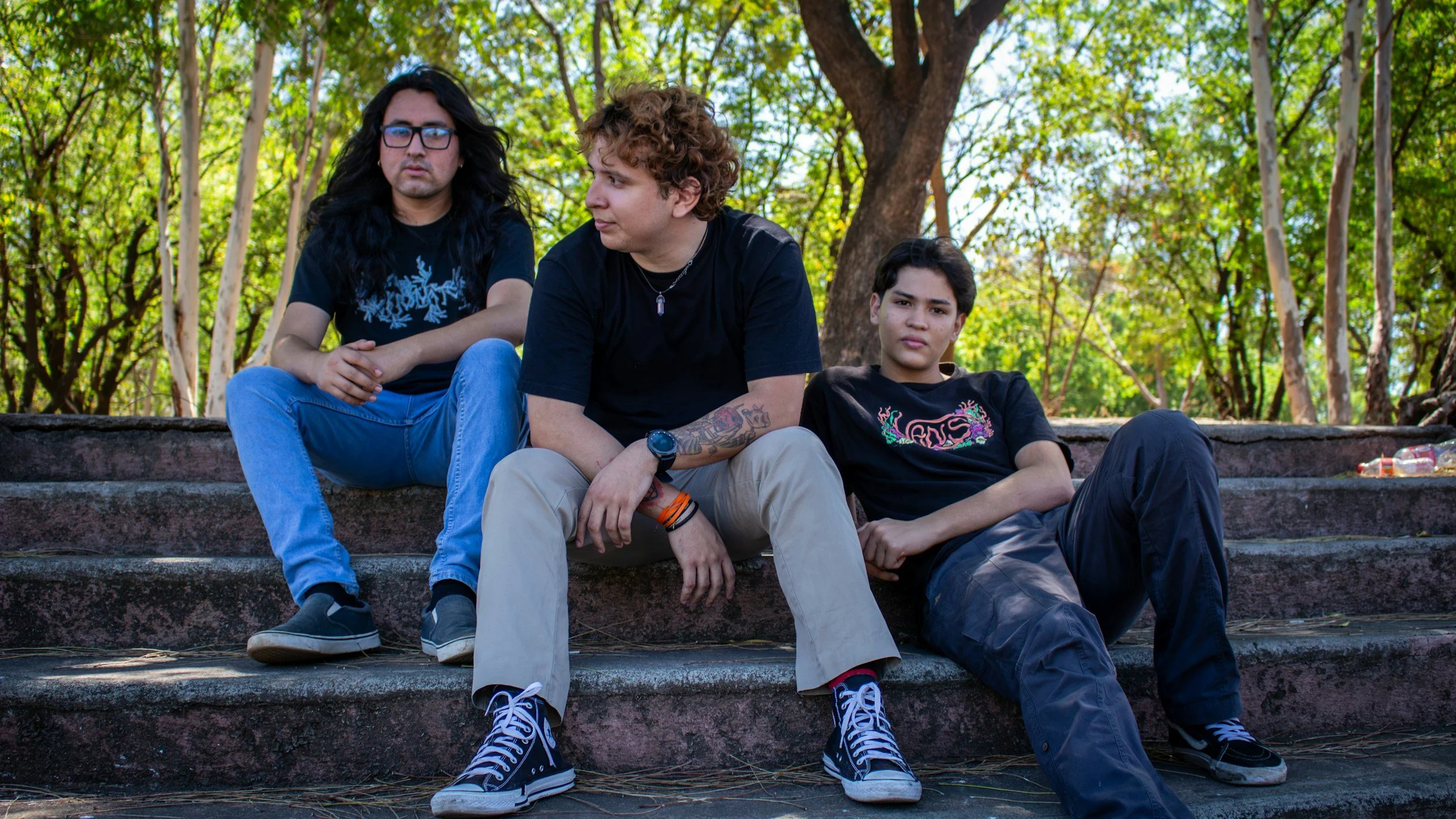
Turning loss into
shared strength
Empowering Fatherless Youth
A Teen-Led Mental Health Initiative
Connection & Belonging
At SinePatre, no one is alone. We build a community where teens growing up without a father can share their experiences, listen, and be heard. Through discussion, writing challenges, and peer support, we turn isolation into belonging.
Voice & Empowerment
Your story matters. Growing up fatherless doesn't define you, it's just part of your journey. We encourage you to speak, write, reflect, and lead. By sharing your truth you become a voice of hope.
Resilience & Growth
Loss doesn't equal limitation. We help teens transform the absence of a father into fuel for personal growth by building skills, mindset, and support systems. With encouragement and resources, you'll grow stronger.
SinePatre is a teen-led space designed to make expression low-pressure for fatherless adolescents. The following are our Pillars of Strength:
Why SinePatre Exists
SinePatre aims to empower fatherless youth by building a supportive community where they can share experiences, find encouragement, and grow stronger together. Through connection, we help young people transform loss into strength and hope for the future. If you’re growing up without an involved father, you’re not “less”; you’ve already developed real resilience. SinePatre is a teen-led, low-pressure space to be understood without pity, to ask questions, and to find practical next steps.
A Quick Note
Jump into Discussion, add your voice to the Monthly Writing Challenge, browse Helpful Resources (including urgent support), Schedule a Talk with a vetted peer listener, and more! You decide how you show up—name only or anonymous—and we keep the space kind, respectful, and lightly moderated. We’re not therapy; we’re community. Together, we turn what you’ve been carrying alone into belonging, tools, and confidence for what’s ahead.

